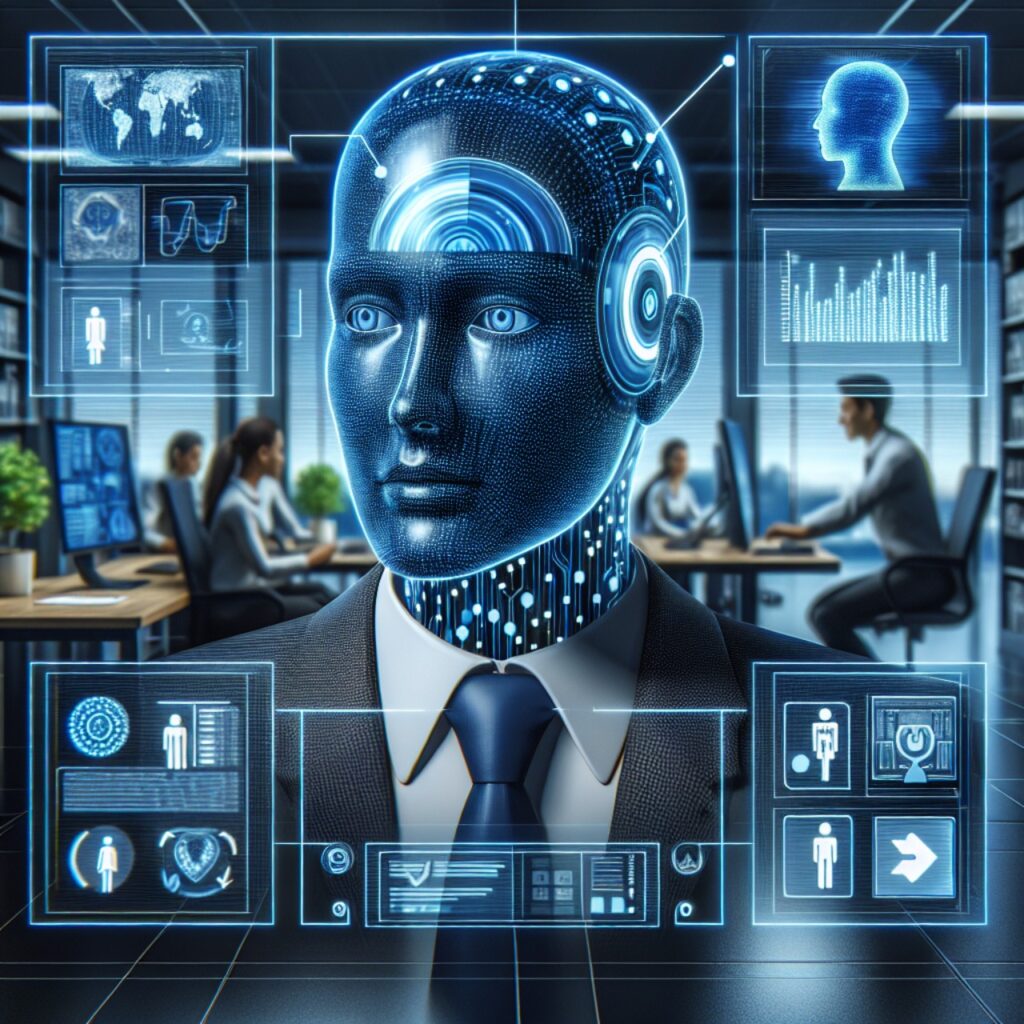A “super-competent colleague that knows absolutely everything about my whole life, every email, every conversation I’ve ever had, but doesn’t feel like an extension,” is what you really want, the CEO of OpenAI told the MIT Technology Review.
Additionally, they are self-starters who don’t require ongoing guidance. They’ll get right to some chores, perhaps easier ones, according to Altman. When faced with more difficult tasks, they will attempt them first and get in touch with the user again if necessary.
In the end, Altman wants AI to be more than a conversational chatbot. According to him, it ought to assist people in achieving goals in the actual world. That would be a significant improvement above what OpenAI now provides.
Apparently, Altman called ChatGPT “incredibly dumb,” despite the fact that employees are already utilizing it to write emails, write code, expedite procedures, and more. Therefore, once Altman’s miraculous model colleague is out on the market, it’s impossible to predict how much more productive we’ll get.
The availability of this tool and the level of AI sophistication required to support it were not made clear by Altman. Even with their improvements, the company’s other products—such as the image generator DALL-E and video generator Sora—need a lot of assistance to finish jobs. They are also not made to take in information from their surroundings and apply it to a predetermined course of action. However, OpenAI’s upcoming GPT-5 language model could be a step in that direction.
It was “materially better” than current models. According to the report, OpenAI is working on a service that would allow customers to summon an AI bot to complete chores on their own. Sources claim that GPT-5 may launch in the middle of the year. On the other hand, Altman is staying quiet.
This week, when asked when OpenAI would release GPT-5, he answered simply, “Yes,” to reporters at an event in Cambridge, Massachusetts.








